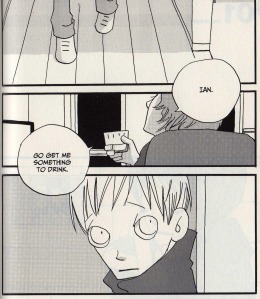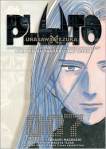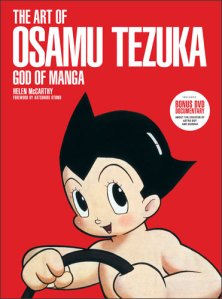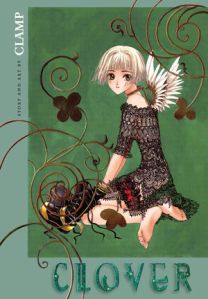 Inspired by The Hooded Utilitarian’s roundtable on CLAMP’s xxxHoLic (Del Rey), a bunch of people who talk about manga on Twitter though it might be fun to do what Matt Blind suggested we call a “Manga Moveable Feast,” where a bunch of bloggers write about a single title over the course of a week. For the inauguration of this experiment, we’ve settled on Iou Kuroda’s Sexy Voice and Robo (Viz), and we’ve set it for the week of Feb. 8.
Inspired by The Hooded Utilitarian’s roundtable on CLAMP’s xxxHoLic (Del Rey), a bunch of people who talk about manga on Twitter though it might be fun to do what Matt Blind suggested we call a “Manga Moveable Feast,” where a bunch of bloggers write about a single title over the course of a week. For the inauguration of this experiment, we’ve settled on Iou Kuroda’s Sexy Voice and Robo (Viz), and we’ve set it for the week of Feb. 8.
Here’s how it will work this time around: I’ll track all of the individual posts over the course of the week, posting daily updates on who’s written what. You can focus on a specific aspect of the title, write a general review, or simply repost a review you’ve already written. I’d also be happy to host pieces if the writer would prefer.
At the end of the week, we’ll set up a chat session at Manga Views for anyone who wants to discuss the book further to add a book-club aspect to the project. (We considered doing this on Twitter, but the character limit and scrolling seemed unfriendly to fostering a conversational quality.) We’ve tentatively selected Kaoru Mori’s Emma (CMX) for the second round, though we haven’t set a date and another blogger will host and ring-lead that effort.
So if you’re interested in participating, drop me an email at davidpwelsh at yahoo dot com, and we can work out all of the details.
















